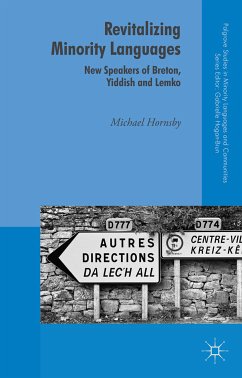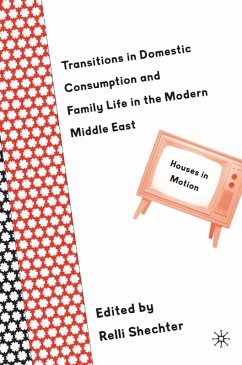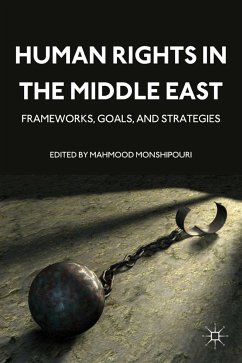
Yiddish and Power (eBook, PDF)
Versandkostenfrei!
Sofort per Download lieferbar
40,95 €
inkl. MwSt.
Weitere Ausgaben:

PAYBACK Punkte
20 °P sammeln!
Yiddish and Power surveys the social, linguistic and intellectual history of the Yiddish language within the traditional civilisation of Jewish Ashkenaz in central, and then in eastern Europe, and its interaction with the surrounding non-Jewish culture. It explores the various ways in which Yiddish has empowered masses and served political agendas.
Dieser Download kann aus rechtlichen Gründen nur mit Rechnungsadresse in A, B, BG, CY, CZ, D, DK, EW, E, FIN, F, GR, HR, H, IRL, I, LT, L, LR, M, NL, PL, P, R, S, SLO, SK ausgeliefert werden.












